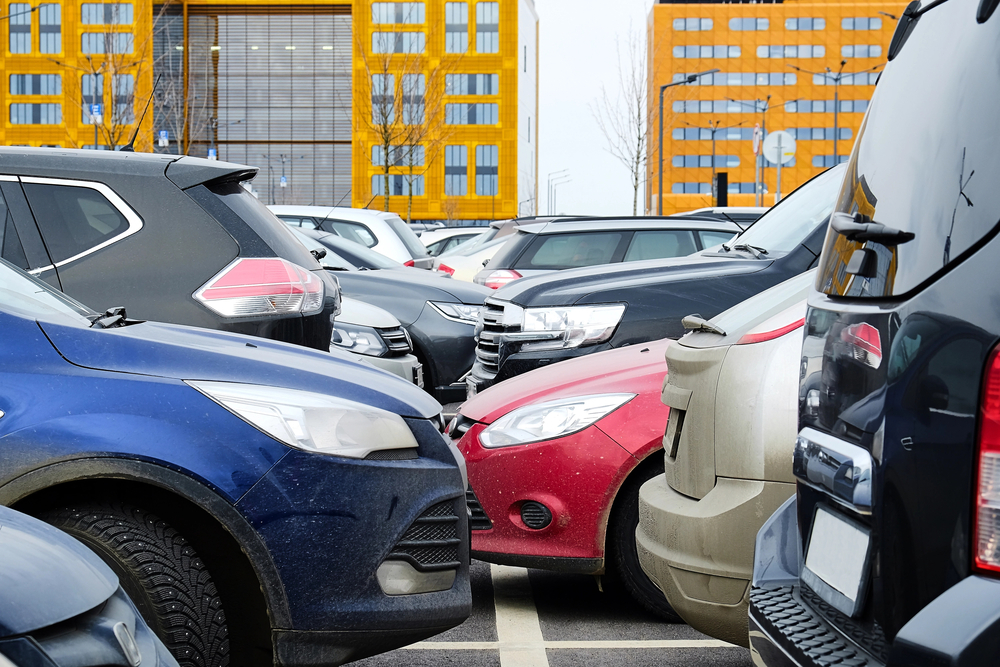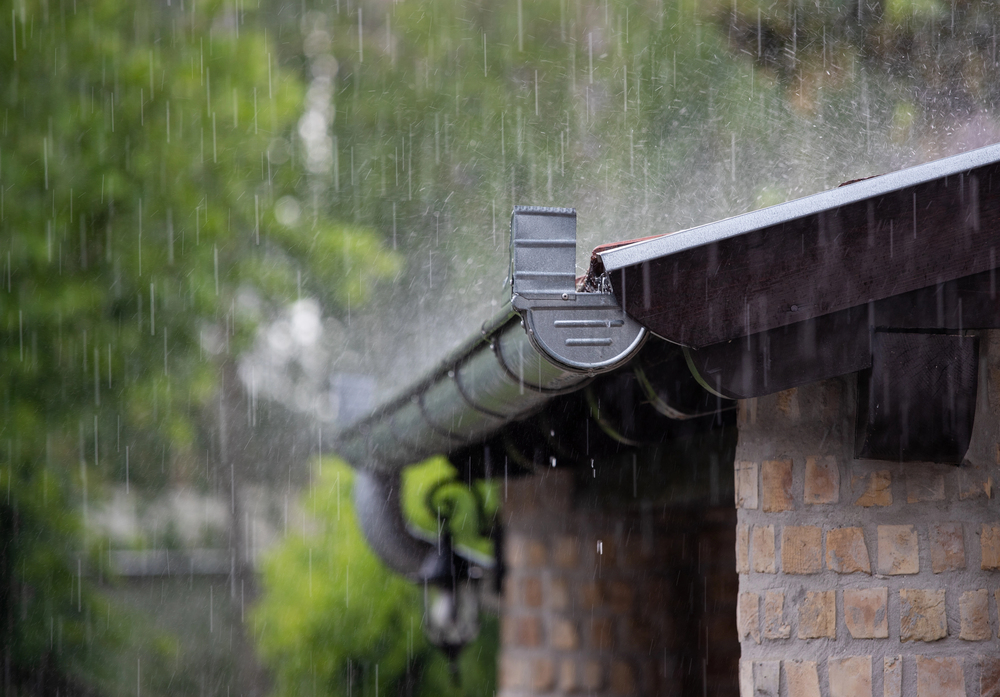Does CGL Cover Landlord Liability for Parking Lot Car Accident?

By: Big “I” Virtual University Faculty
Q: An insured is a landlord who owns a commercial building with a parking lot. If a customer of one of the tenants was injured as a result of an auto accident in the parking lot, and the insured gets dragged into the claim, does the standard commercial general liability policy without the non-owned auto endorsement provide coverage? Or is the non-owned auto endorsement needed to provide coverage?
Response 1: Yes, the standard CGL without the non-owned auto endorsement would provide the coverage for the insured. The exclusion says:
This insurance does not apply to:
“Bodily injury” or “property damage” arising out of the ownership, maintenance, use or entrustment to others of any aircraft, “auto” or watercraft owned or operated by or rented or loaned to any insured.
The CGL auto exclusion applies to “the ownership, maintenance, use or entrustment to others” of an auto. If that auto is “owned or operated by or rented or loaned to any insured,” both of these conditions must be met for the exclusion to apply.
In the claim scenario, is the basis of the landlord’s liability “ownership, maintenance, use or entrustment to others”? The landlord doesn’t own the customer’s car, wasn’t maintaining it, wasn’t using it, nor had they entrusted it to anyone.
Was the customer’s car “owned or operated by” the landlord or any other insured under the landlord’s CGL policy? Not unless the customer also happened to be an employee of the landlord. Was the customer’s car “rented or loaned to any insured”? Doesn’t appear likely.
The non-owned auto endorsement would not provide any coverage. A customer of a tenant driving or parking an auto on the landlord’s premises is not using the auto in the landlord’s business. The non-owned auto liability coverage only applies to claims arising out of the use of any non-owned auto in your business. A non-owned auto is one that your insured does not own, lease, hire, rent or borrow, but only while used in its business or personal affairs.
Response 2: As long as the insured does not own the vehicle, there is coverage for defense under the CGL. Claim payment will be determined as to the insured’s negligence in causing the accident to occur and, if found negligent, the claim payment would be paid under the CGL coverage.
Response 3: Typically, CGL policies for commercial buildings are written to include coverage for the named insured’s legal liability arising out of the owned parking lot—subject to the stated exclusions. The tenant’s customer can make a claim but would need to prove the landlord was legally liable for the claim to be successful.
For instance, were there known premises hazards left unrepaired that caused dangerous conditions and fit the definition of negligence and contributed to the accident? Were there travel arrows that are nonexistent, faded or pointing in the wrong direction? Are there invisible parking or lane markings?
The CGL exclusions would not apply because the named insured had no connection with the vehicles causing the accident and alleged injuries; the landlord simply owns the lot available for use by the tenants’ customers.
If the landlord contracted out the parking lot operations to a parking company, then via the parking lot agreement between those two parties, the parking company and its insurers might be first in line to defend the landlord against such claims.
Response 4: I would suggest that operating a parking lot does not mean that any auto operated in that parking lot is used in connection with the insured’s business. In other words, this wording is generally understood to apply to the use of autos for which the insured is held vicariously liable.
While a landlord may get brought into a serious parking lot accident, the liability of the landlord will likely be premises liability, not vicarious liability for the operation of an auto on the premises.
The exception to the auto exclusion in the CGL on liability for parking an auto applies only when the auto is operated by an insured, such as when the insured is literally parking a customer’s auto.
This question was originally submitted by an agent through the Big “I” Virtual University’s (VU) Ask an Expert service, with responses curated from multiple VU faculty members. Answers to other coverage questions are available on the VU website. If you need help accessing the website, request login information.
This article is intended for general informational purposes only, and any opinions expressed are solely those of the author(s). The article is provided “as is” with no warranties or representations of any kind, and any liability is disclaimed that is in any way connected to reliance on or use of the information contained therein. The article is not intended to constitute and should not be considered legal or other professional advice, nor shall it serve as a substitute for obtaining such advice. If specific expert advice is required or desired, the services of an appropriate, competent professional, such as an attorney or accountant, should be sought.










